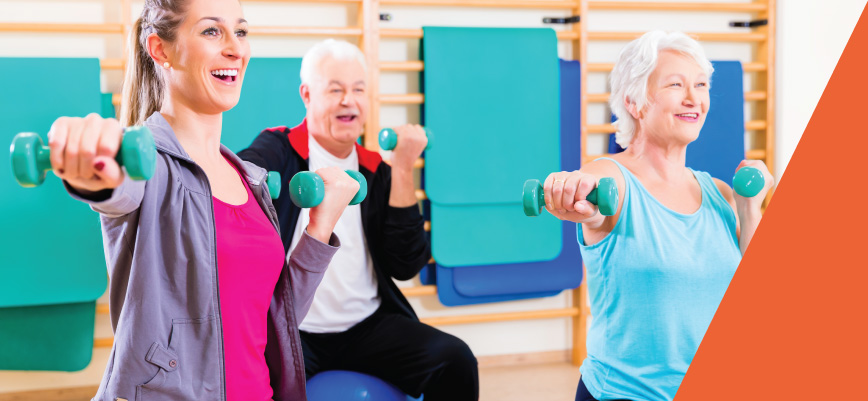“I used to be able to do that” – What if you could
- When you do the things you love is your body feeling sore?
- Does it come with a complaint from your knees or back?
- Have you ever noticed you change the way you do things or completely avoid an activity because it is getting too much, or it is painful?
Have you accepted these changes as a normal part of ageing?
Limited movement is not an everyday part of ageing; you do not need to have those constant aches and pains.
Of course, there are natural consequences of ageing, however implementing strategies like ground to standing exercises, will help create a foundation where you can continue doing the things you love to do. Not only does it build a more durable and resilient body it promotes longevity.
How can you feel like a spring chicken?
We begin ageing the moment we are born. Unfortunately, we can’t change that, but we can influence those things that limit us from feeling like a spring chicken and improve our longevity and durability.
The idea of successful ageing or keeping forever young is not exclusive to our mature, adult population. Through environmental and lifestyle changes over time we have adapted to a more sedentary existence, therefore, we start to see a loss of function, capability and movement integrity at earlier ages as well.
An Accredited Exercise Physiologist, is uniquely placed, to create the right environment for your body to develop, maintain and feel good. By introducing regular exercise designed to address your individual needs we can help your body relax, change and feel better.
How exercise helps us keep forever young and ageing well:
- Being able to take up oxygen, retain it and circulate it to your working muscles is called metabolic capacity. Meaning how well our body uses and delivers oxygen to working cells when we move and complete our activities of daily living.
- Promoting tissue repair, hormone release such as collagen for skin and muscle repair, endorphins for improved mood, and helps keep our body in a homeostasis state. Essentially this helps the body find its equilibrium as well as helping the regulation of cell health. This is what keeps us feeling good.
- Understanding and developing coping strategies for both internal and external stresses, this is called, efficiency of stress response. Stress is necessary for adaptation, therefore, developing exercise strategies for your body to manage different stresses will help with your overall health
Want to learn more about living a healthy lifestyle?
Come along to our new series designed specifically for older adults and learn more about improving your overall health and wellbeing.
Shannon Thomas is a dietitian and will lead a session to discuss healthy eating and being active at any age.
Each session is from 1:30pm – 2:30pm and is FREE! Click here for more information and what you’ll learn each week.
Here at Link Health and Community we also have exercise physiologists who can design an exercise program that’s right for your specific goals and health issues. Click here for more information.
#motivatedtomove


